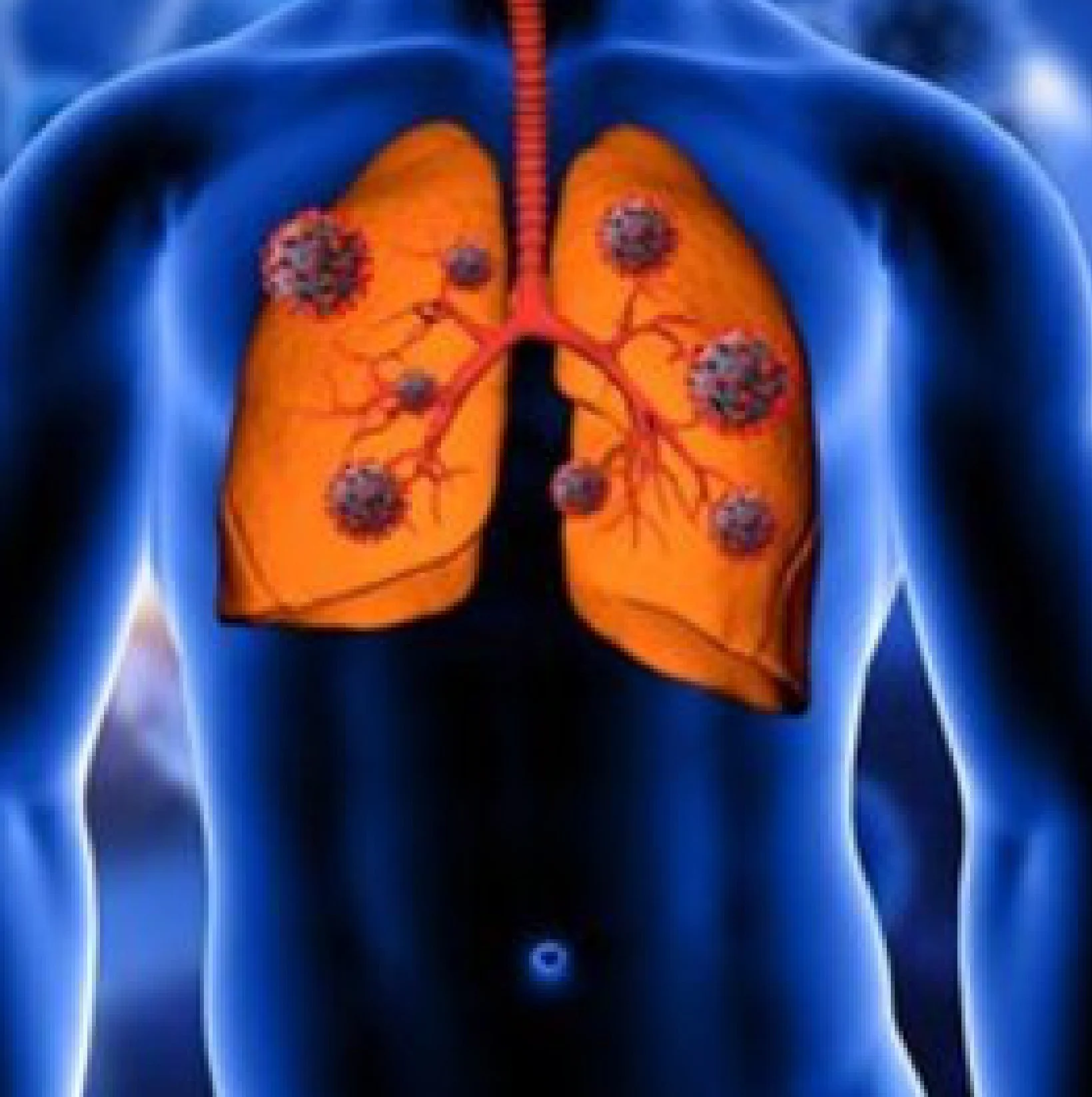
Department of Pediatrics and Neonatology
Welcome To Gangasheel Hospital
Pneumonia is an infection that causes inflammation of the air sacs in one or both lungs. The air sacs fill with fluid or pus (suppurative material) and may cause coughing with mucus or pus, fever, chills, and difficulty breathing. A variety of organisms can cause pneumonia, including bacteria, viruses, and fungi.
Pneumonia varies in severity from mild to life-threatening. It is most serious for infants, people over the age of 65, people with health problems, and people with weakened immune systems.
Signs and symptoms of pneumonia can range from mild to severe, depending on factors such as the type of bacteria causing the infection, age, and general health. Mild signs and symptoms often resemble those of a cold or the flu, but last longer.
Signs and symptoms of pneumonia include:
- below normal body temperature (adults over 65 and people with weakened immune systems)
- Nausea, vomiting or diarrhea
- Shortness of breath.
Many bacteria can cause pneumonia. Bacteria and viruses are most common in the air we breathe. Your body normally prevents these bacteria from infecting your lungs. But even in good health, these bacteria can overwhelm the immune system.
Pneumonia is classified according to the type of bacteria that causes it and the site of infection.
Community-acquired pneumonia
Community-acquired pneumonia is the most common type of pneumonia. It occurs outside of hospitals and other health care facilities.
Possible causes:-
- Bacteria:
Streptococcus pneumoniae is the most common cause of bacterial pneumonia in the United States. This type of pneumonia can occur on its own or after a cold or flu. It can affect parts of the lungs (lobes), a condition called lobar pneumonia. - Bacteria-like organisms:
Mycoplasma pneumoniae can also cause pneumonia It usually causes milder symptoms than other types of pneumonia. Ambulatory pneumonia is the informal name for this type of pneumonia, which is usually not severe enough to require rest. - Mushroom:
This type of pneumonia is most common in people with chronic health problems, weakened immune systems, and people who have inhaled large amounts of microbes. The fungus that causes it can be found in soil or bird droppings and varies by geographic location. - viruses including COVID-19:
Some of the viruses that cause colds and flu cause pneumonia. Viruses are the most common cause of pneumonia in children under the age of five. Viral pneumonia is usually mild. But in some cases it can be very serious. Coronavirus 2019 (COVID-19) can cause severe pneumonia.
Get vaccinated:
Vaccines are available to prevent some types of pneumonia and the flu. Talk with your doctor about getting these shots. The vaccination guidelines have changed over time so make sure to review your vaccination status with your doctor even if you recall previously receiving a pneumonia vaccine.
Make sure children get vaccinated:
Doctors recommend separate pneumonia vaccines for children under the age of 2 and for children between the ages of 2 and 5 who are most at risk of developing a pneumococcal infection. Children attending group day care should also be vaccinated. Doctors also recommend getting the flu vaccine for children over the age of 6 months.
Please practice good hygiene:
To protect against respiratory infections that can lead to pneumonia, wash your hands regularly or use an alcohol-based hand sanitizer.
No Smoking:
Smoking impairs the lungs' natural defenses against respiratory infections.
Keeps the immune system strong:
Get enough sleep, exercise regularly, and eat healthy.
Treatment of pneumonia depends on the cause, whether bacterial, viral, or fungal, and how severe it is. Often, no cause can be identified, and treatment focuses on managing symptoms and keeping the condition from getting worse.
Some treatments include:
- Antibiotics:
Antibiotics treat pneumonia. They cannot treat viruses, but providers can prescribe them if you have a bacterial infection at the same time as the virus. can be treated. - Antivirals:
Viral pneumonia is usually not treated with drugs and may resolve on its own. Health care providers can prescribe antiviral drugs such as oseltamivir (Tamiflu®), zanamivir (Relenza®), and peramivir (Lapivab®) to reduce the duration of illness and the types of illness caused by the virus. - Oxygen Therapy:
If you don't have enough oxygen, your health care provider will give you supplemental oxygen by inserting a tube in your nose or wearing a mask over your face. - IV Fluids:
Treat or prevent dehydration by administering IV fluids directly into your vein. - Fluid Drainage:
If there is a large amount of fluid (pleural effusion) between the lungs and the chest wall, it can be drained by the healthcare provider. This is done with a catheter or surgery.
Yes, Pneumonia treatment is available in Bareilly at Gangasheel Hospital by the team of expert Pediatrician in the city.
